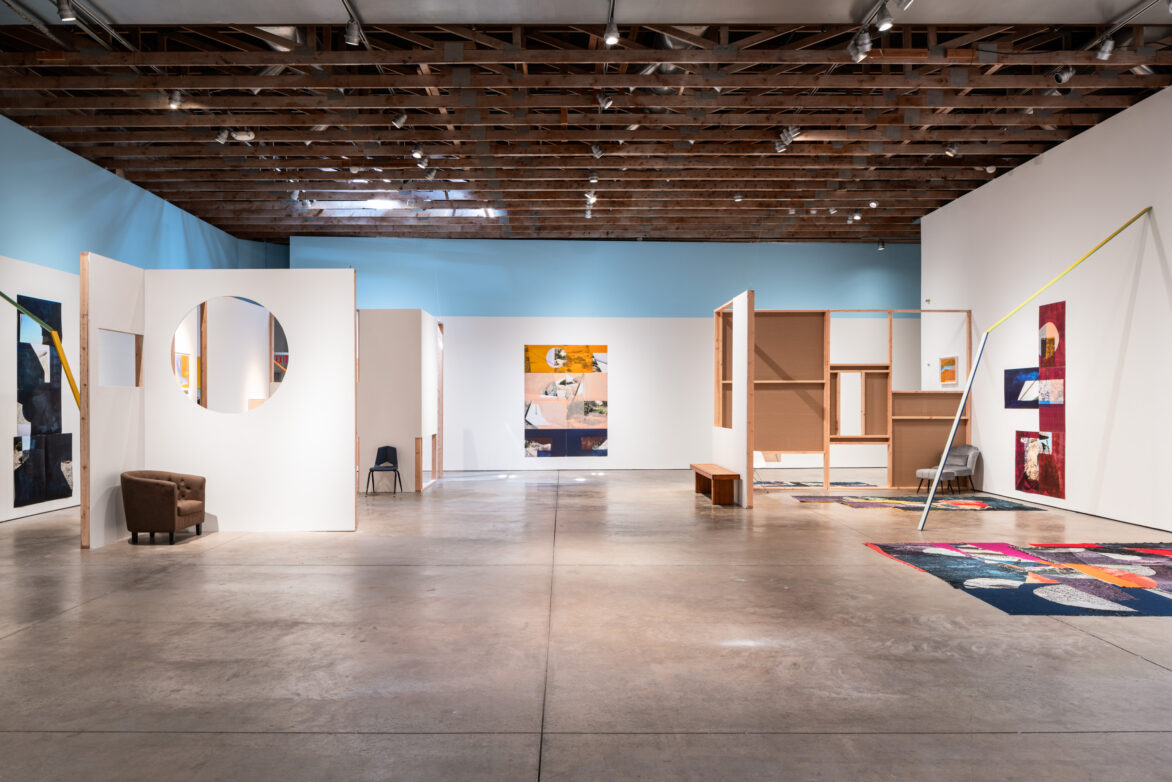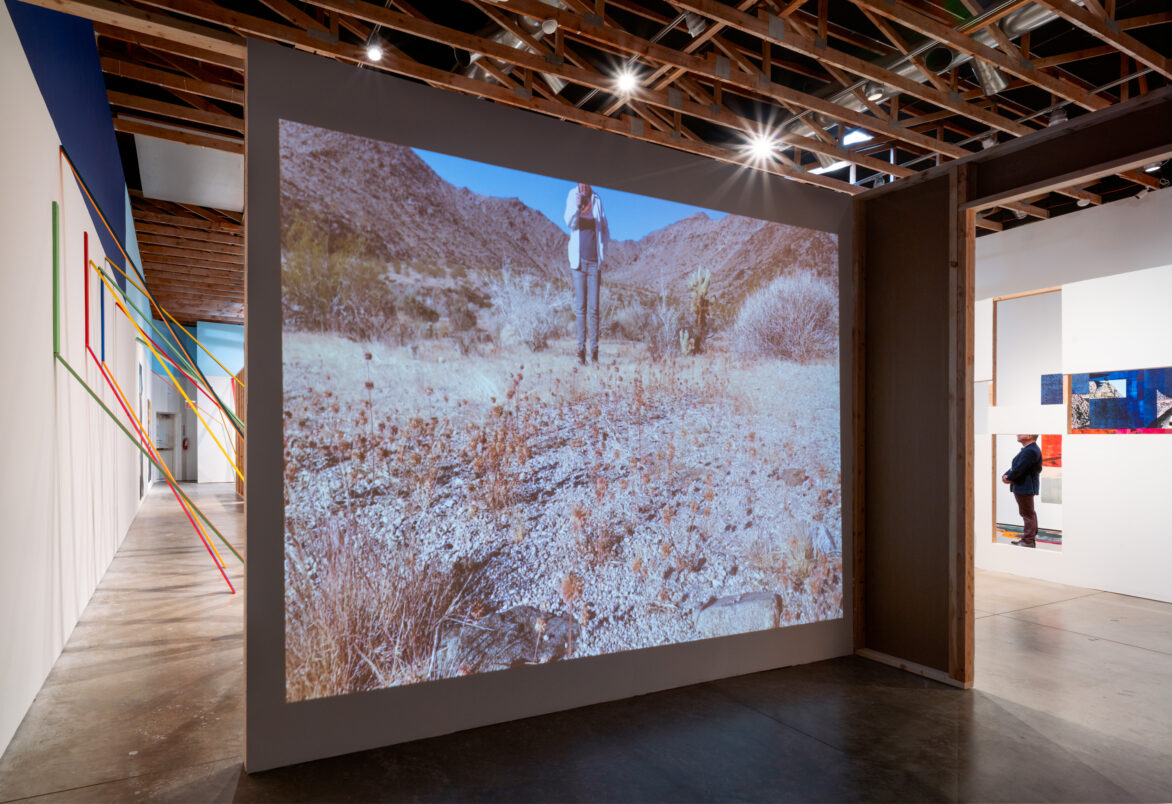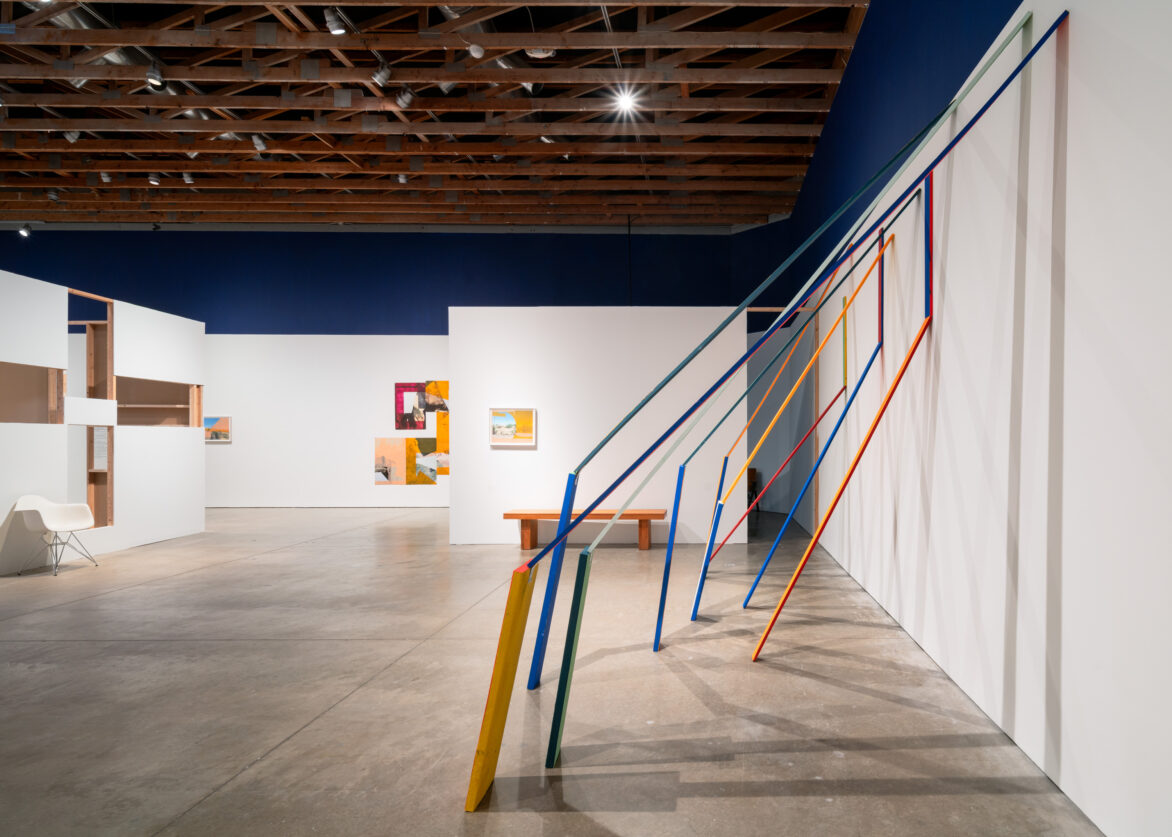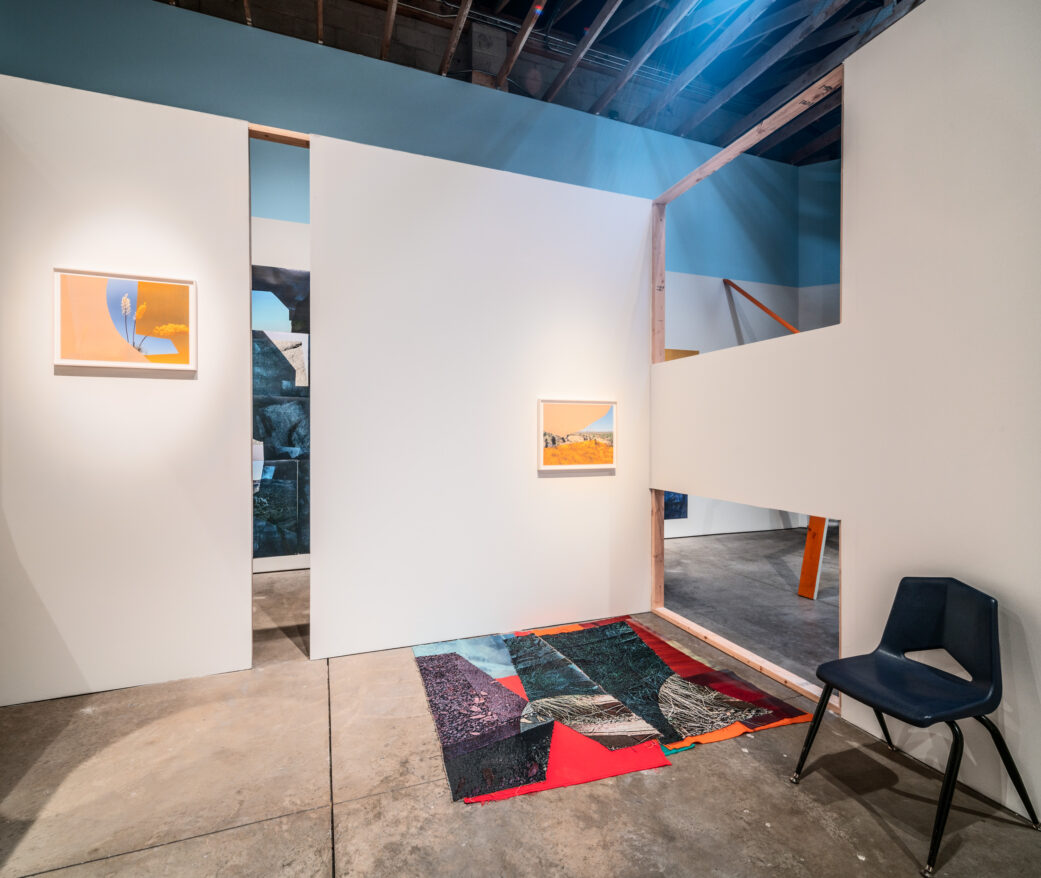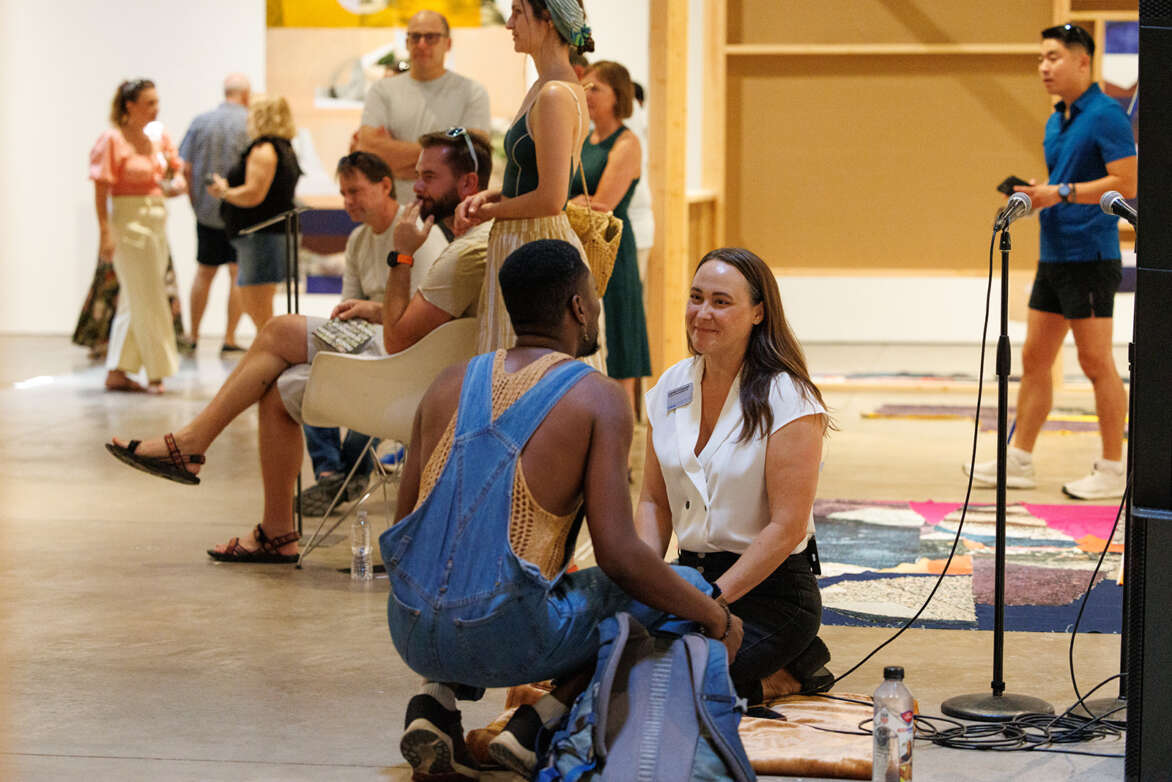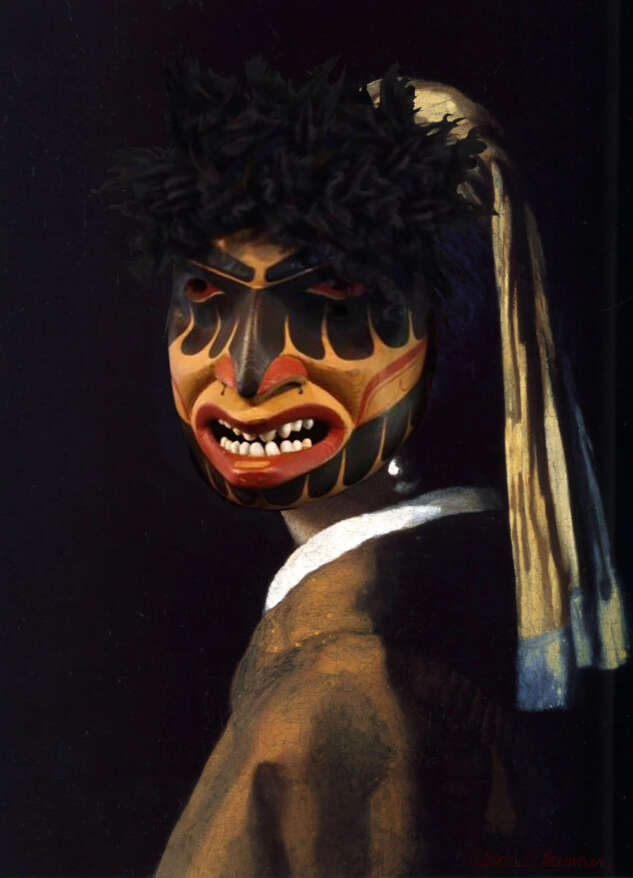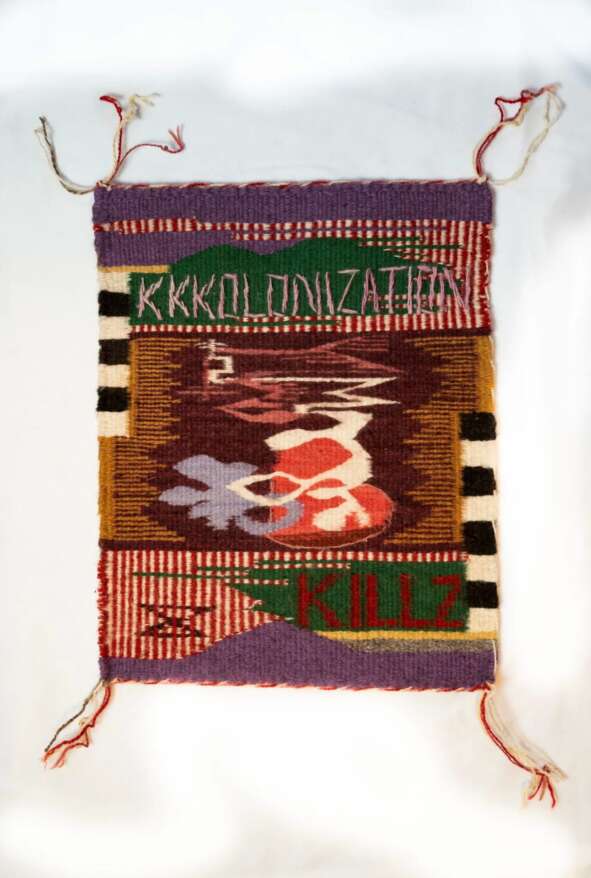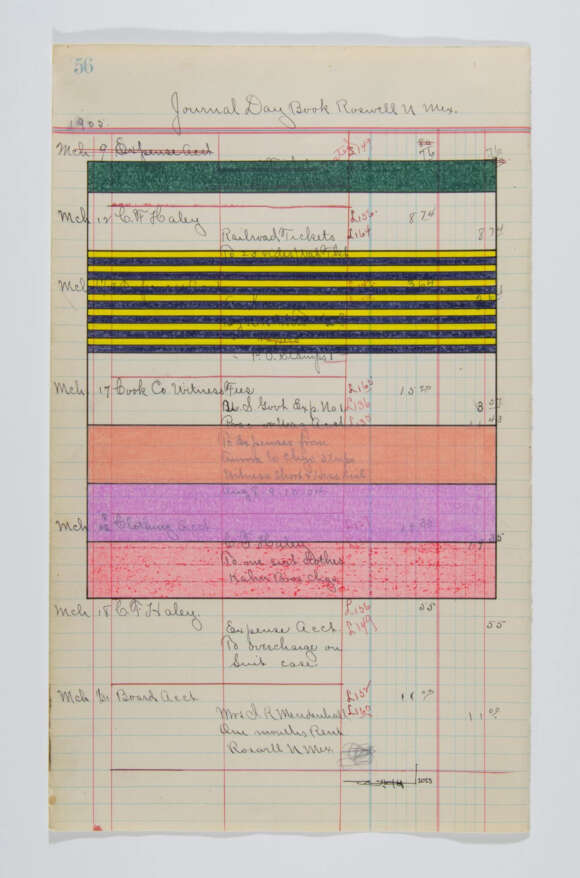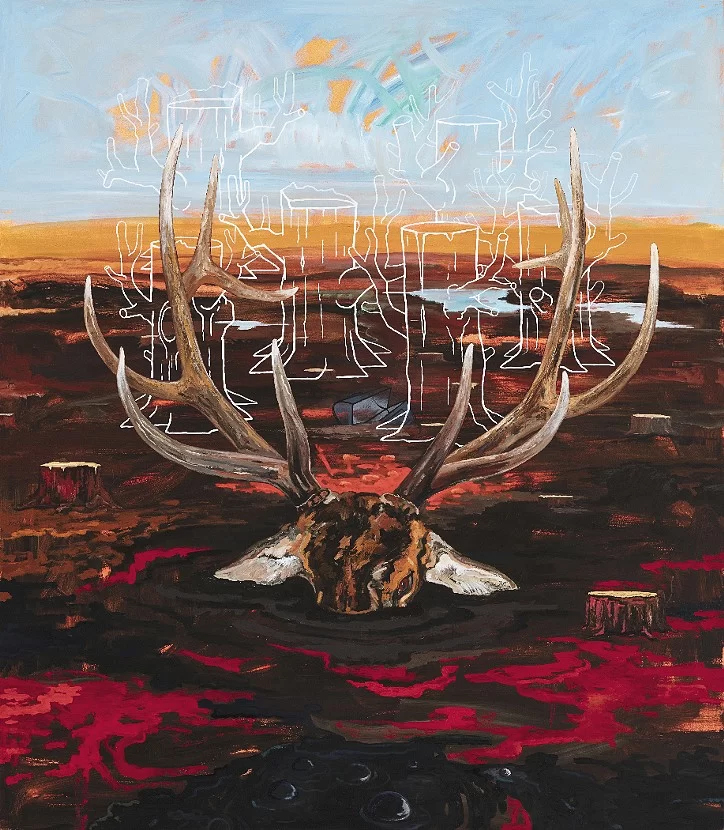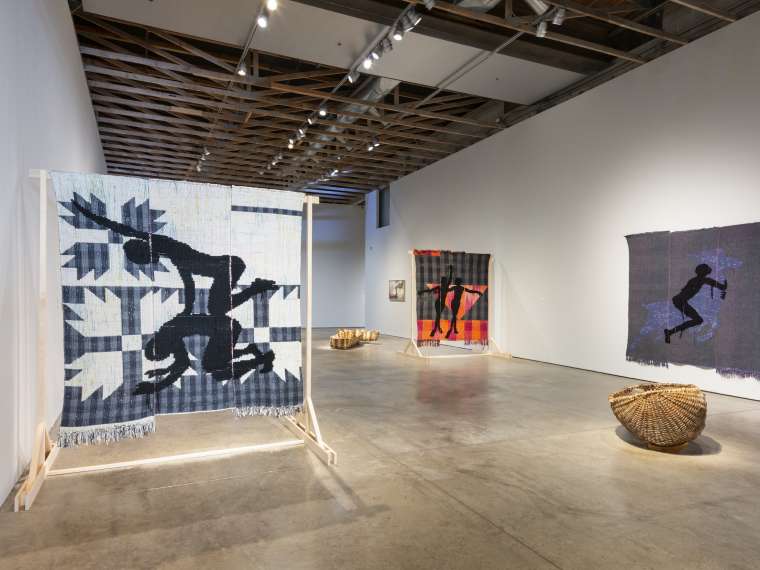Established in 1999, the Scottsdale Museum of Contemporary Art (SMoCA) is the only museum dedicated to contemporary art in the greater Phoenix, Arizona metro area. As an artist-centered institution within a city experiencing both demographic shifts and national attention around the inflammatory rhetoric of its politicians, SMoCA is a critical outlet for civic dialogue.
Carolina Aranibar-Fernandez: Rastros Invisibles [Invisible Traces] features a series of new, large-scale installations by the Bolivian-born, San-Francisco based artist that demonstrate the impact of the mining and trade industries that extract natural resources and exploit the labor of primarily Black, Brown, and Indigenous people. Combining deep research and intensive handmaking processes, Aranibar-Fernández translates the complex global movements of resources into delicately rendered impressions of cartography and topography that represent the traces of exchange and power.
Cybele Lyle: Floating Seeds Make Deep Forms is the artist’s first solo museum exhibition, and will feature a site-specific, multimedia installation that proposes the deserts of the southwest as liminal, queer, regenerative places. This exhibition is the first solo exhibition by a woman in the fifteen-year history of the museum’s Architecture+Art series.
The exhibition Exploding Native Inevitable traveled to SMoCA in August 2025. Curated by Dan Mills and artist Brad Kahlhamer, the exhibition includes work by artists Norman Akers, Nizhonniya Austin, Alison Bremner, Jaque Fragua, Raven Halfmoon, Elisa Harkins, Sky Hopinka, Terran Last Gun, Fox Maxy, New Red Order, Mali Obomsawin, Sarah Rowe, Duane Slick, and Tyrrell Tapaha; SMoCA added four regional Indigenous artists to the exhibition and curated public programs.
n February of 2025, the museum will present transfeminisms, the most expansive feminist show since 2007. The exhibition will debut in London at Mimosa House before arriving at SMoCA. The American artists represented in the exhibition are predominantly artists of color from immigrant and/or LGBTQ+ communities.The organizers utilize the term “transfeminisms” to signal the diverse array of feminist and activist practices flourishing today.
